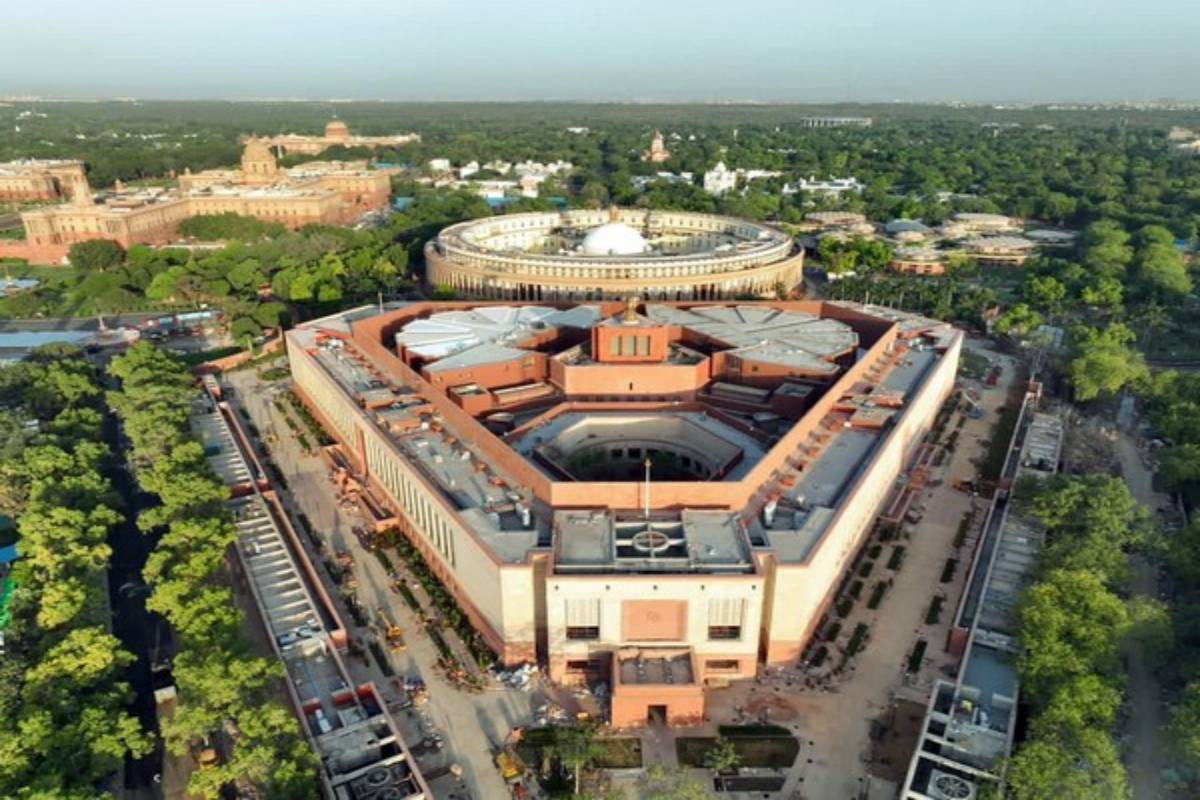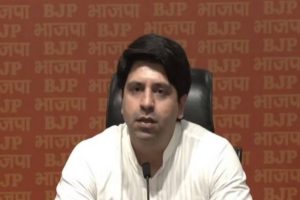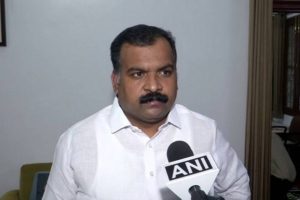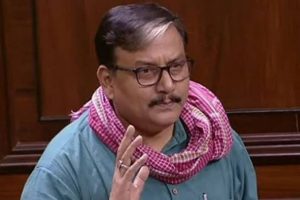The Joint Parliamentary Committee on Waqf Amendment Bill, 2024, will meet the All India Shia Personal Law Board (AISPLB) on Wednesday.
The meeting will be held at 3 pm today at Parliament House Annexe and the committee will hear the views or suggestions of the board on the Waqf (Amendment) Bill.
Recently, the delegation from Darul Uloom Deoband has strongly opposed the proposed Waqf (Amendment) Bill, 2024.
According to sources, Maulana Arshad Madani, who spoke for nearly two hours during a meeting with the Joint Parliamentary Committee (JPC) on December 11, expressed serious concerns about the bill’s implications. He warned, “If these amendments are implemented, the safety of Muslim places of worship will be at risk.”
According to sources, the delegation of Darul Uloom Deoband also presented a 22-point suggestion to the committee outlining the reasons for their rejection of the bill.
The meeting marked the JPC’s first session following the extension of its term.
During the meeting, Maulana Arshad Madani raised grave concerns about the proposed amendments, particularly their impact on historical and religious landmarks.
“India is home to many ancient mosques and places of worship, and after several centuries, it is now nearly impossible to ascertain their original donors or Waqifs (those who endowed them). The proposed amendments have significant flaws, raising doubts about the intentions behind them,” he said.
Recently, the Lok Sabha approved a motion to extend the tenure of the JPC on the Waqf (Amendment) Bill and mandated the presentation of their report by the end of the 2025 Budget Session.
On December 5, Jagdambika Pal, head of the JPC noted that the committee had held 27 meetings in Delhi prior to the extension of its tenure. These meetings included discussions with multiple stakeholders and various ministries of the Government of India.
The JPC Chairman emphasised that consultations with a wide range of stakeholders and ministries aim to produce a thorough and comprehensive report on the matter.
The Waqf Act of 1995, enacted to regulate waqf properties, has long been criticised for issues such as mismanagement, corruption, and encroachments. The Waqf (Amendment) Bill, 2024, aims to address these challenges by introducing reforms such as digitisation, enhanced audits, improved transparency, and legal mechanisms to reclaim illegally occupied properties.
The JPC is conducting extensive consultations with government officials, legal experts, Waqf Board members, and community representatives from various states and Union Territories to ensure a comprehensive overhaul of the legislation.





